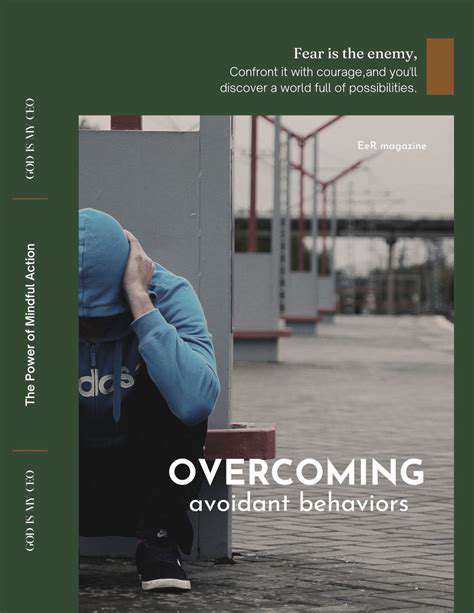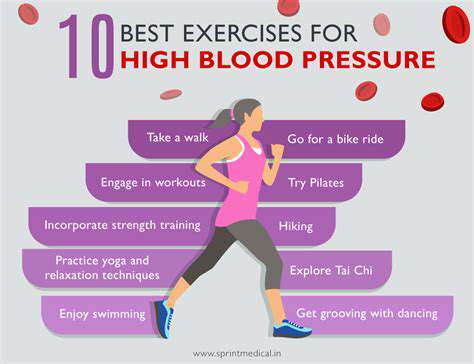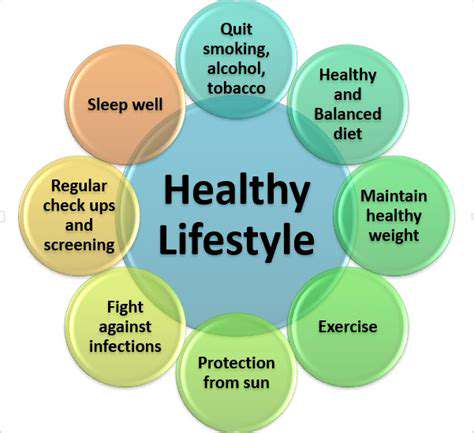Beginner's Guide to Mindfulness Meditation
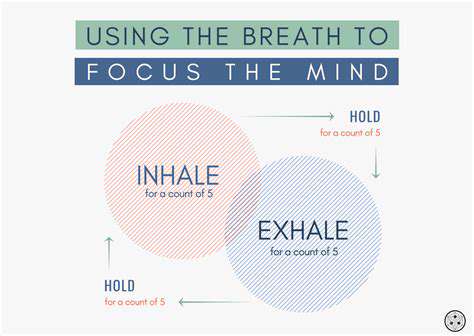
Anchoring in the Now Through Breath
Conscious breathing serves as an immediate tether to the present. That basic act of observing air moving through your respiratory system creates mental stillness, interrupting our habitual focus on past regrets or future anxieties. This present-moment awareness cultivates tranquility, enabling better handling of daily pressures.
Intentional breath focus builds a crucial buffer between stimulus and response. This pause enables measured reactions rather than impulsive ones, fostering thoughtful engagement with life's situations.
The Transformative Effects of Controlled Breathing
Deliberate, deep breaths create measurable physiological changes. They activate the parasympathetic nervous system, decreasing heart rate and blood pressure. These bodily changes directly counteract stress responses.
Rhythmic breathing serves as an emotional thermostat, offering immediate regulation during turbulent moments. It's particularly valuable when facing overwhelming circumstances, providing a concrete method for emotional management.
Breath Awareness as Mindfulness Training
True mindfulness involves non-judgmental observation of the current moment. Breath monitoring develops this skill through focused attention on physical sensations - nasal airflow, chest movement, abdominal expansion - without mental commentary.
This detached observation trains mental presence. Regular practice increases awareness of thoughts and emotions without becoming entangled in them.
Respiratory Techniques for Stress Management
Structured breathing practices demonstrate remarkable efficacy against anxiety. Stress typically creates rapid, shallow breathing. Purposeful breath control reverses this pattern, restoring physiological equilibrium.
Extended exhalations particularly soothe the nervous system, reducing cortisol production and promoting relaxation. This alleviates stress-related physical symptoms including muscular tension and migraines.
Breath as Emotional Stabilizer
Beyond physical benefits, controlled breathing powerfully influences emotional states. Emotional turbulence disrupts normal breathing patterns. Intentional breathwork restores rhythm, creating space for balanced emotional processing.
Focused breathing provides an emotional anchor during challenging moments, fostering stability and resilience when navigating difficult feelings.
Physiological Benefits of Proper Breathing
Optimal respiration fundamentally supports bodily functions through oxygenation. Refined breathing techniques enhance physical vitality and energy metabolism, contributing to holistic health.
Conscious respiration improves circulatory efficiency. Regular practice strengthens pulmonary capacity while supporting digestive processes and pain modulation.
Making Breathwork a Daily Habit
Integrating breathing exercises into regular routines significantly boosts wellness. Even brief sessions yield noticeable benefits. Consider morning, midday, or bedtime practice windows.
Begin with manageable durations and progressively extend practice time. Consistent repetition maximizes benefits. Maintain present-moment focus and self-compassion throughout the process.
Quality eyeshadow primers revolutionize cosmetic application by establishing an ideal foundation. These products create smooth eyelid surfaces, maintaining vibrant color and preventing creasing. For those with oily complexions, primers control sebum production that typically degrades makeup. Effective primers elevate drugstore shadows to luxury performance levels, dramatically enhancing pigment intensity.
Mastering Distraction Management in Meditation
The Inevitability of Mental Distractions
Mental wandering constitutes an expected meditation experience. Distractions range from environmental noises to internal dialogues about responsibilities, future concerns, or physical sensations. Accepting distractions as natural phenomena - not personal shortcomings - represents the foundation for effective management. Visualizing thoughts as passing weather patterns helps maintain detachment and refocus.
Non-judgmental awareness proves more effective than resistance. Attempted suppression often amplifies mental activity. Instead, softly return attention to your focal point - breath, sound, or visualization.
The Power of Routine Practice
Regular meditation builds distraction resilience. Daily sessions, however brief, strengthen concentration capacity. Like physical conditioning, consistent mental exercise develops focus endurance.
Designated practice times and spaces enhance results. This ritual signals mental preparation, with quiet environments minimizing external interruptions.
Refocusing Strategies
Mind wandering requires gentle correction, not criticism. Simply notice the diversion and return to your chosen anchor. Options include breath awareness, mantra repetition, or sensory focus. Each distraction presents a focus-strengthening opportunity.
Effective refocusing techniques include breath sensation monitoring or mantra recitation. These methods develop mental discipline against distractions.
Embracing Imperfect Practice
Meditation emphasizes process over perfection. Anticipate distractions as natural mind activity. View wandering thoughts as engagement with your inner experience rather than failure. Patient acceptance forms meditation's core.
Each session varies in focus quality. Some days bring more distractions - this normal fluctuation requires self-compassion. The practice cultivates observational awareness without emotional entanglement, ultimately fostering inner stillness.
Read more about Beginner's Guide to Mindfulness Meditation
Hot Recommendations
-
*Guide to Managing Gout Through Diet
-
*Best Habits for Financial Well being
-
*How to Build a Routine for Better Mental Health
-
*How to Eat Healthy on a Budget [Tips & Meal Ideas]
-
*Guide to Practicing Self Acceptance
-
*How to Incorporate More Movement Into Your Day
-
*Guide to Managing Chronic Pain Naturally
-
*Guide to Building a Reading Habit for Well being
-
*Top 5 Weight Loss Supplements That Actually Work
-
*Best Exercises for Postpartum Recovery [Beyond Abdominal Work]
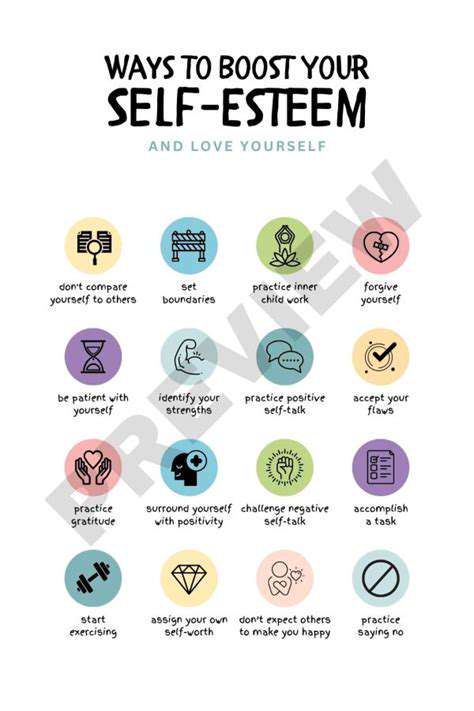

![HIIT Workout for Fat Loss [20 Minute Routine]](/static/images/26/2025-05/Exercises28Example293A.jpg)
